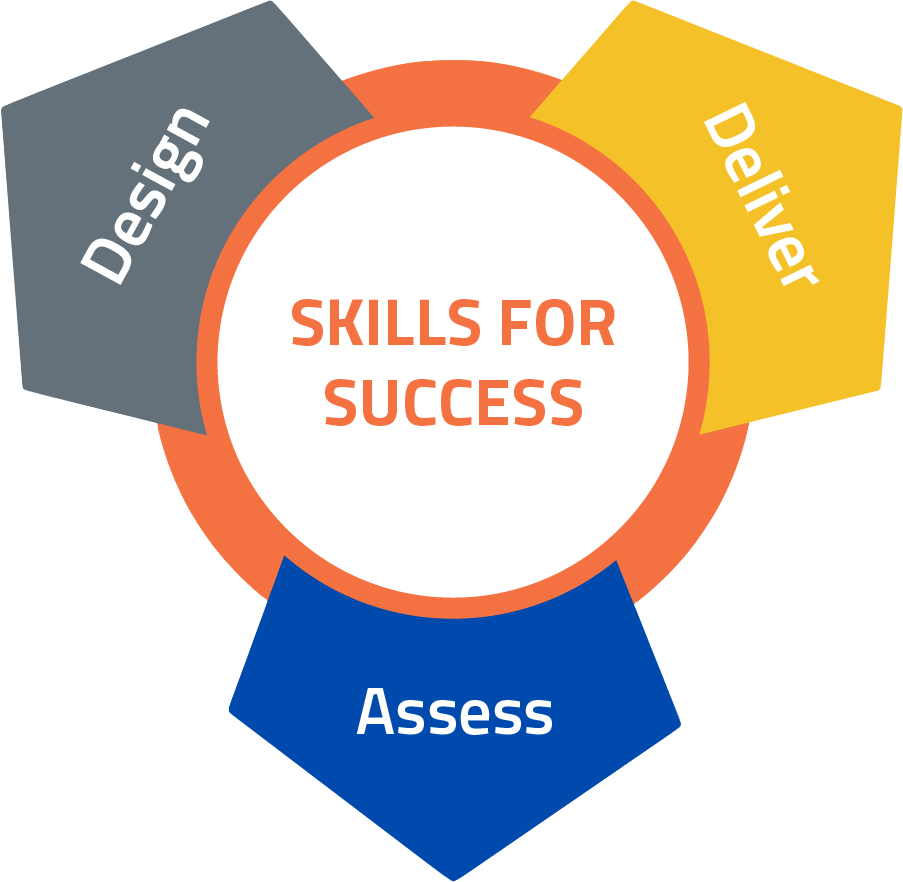Andragogy is the theory that adults learn differently than children. Adults need instruction that is tailored to their more self-directed, motivated, practical and goal-oriented nature.
- The Andragogy Approach: Knowles’ Adult Learning Theory Principles. https://research.com/education/the-andragogy-approach
- Knowles, M. S. (1968). Andragogy, not pedagogy. Adult Leadership, 16(10), 350-352, 386.
- Caruth, G. D. (2014). Meeting the needs of older students in higher education. Participatory Educational Research, 1 (2), 21-35. https://files.eric.ed.gov/fulltext/ED552755.pdf
- Cochran, C., & Brown, S. (2016). Andragogy and the Adult Learner. Repository.cityu.edu; CreateSpace. http://hdl.handle.net/20.500.11803/594
- Khaldi, M., & Erradi, M. (2020). Between Pedagogy and Andragogy: Definitions and Concepts. In M. Tadlaoui, & M. Khaldi (Ed.), Personalization and Collaboration in Adaptive E-Learning (pp. 55-93). IGI Global. https://doi.org/10.4018/978-1-7998-1492-4.ch003 (login required)
